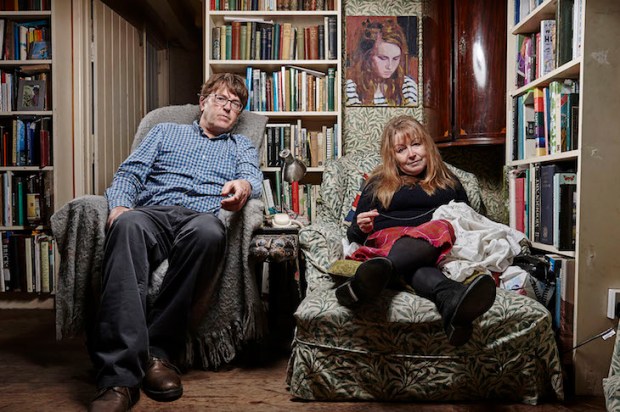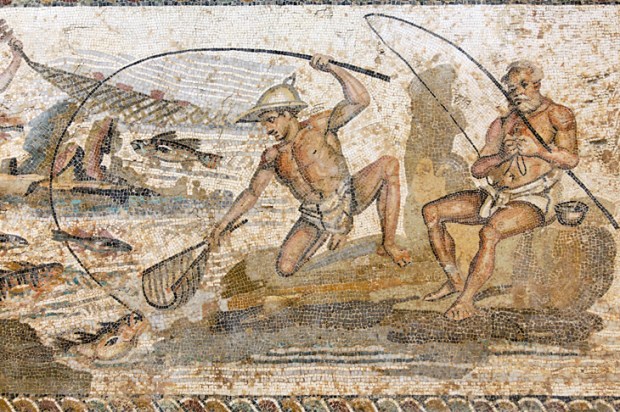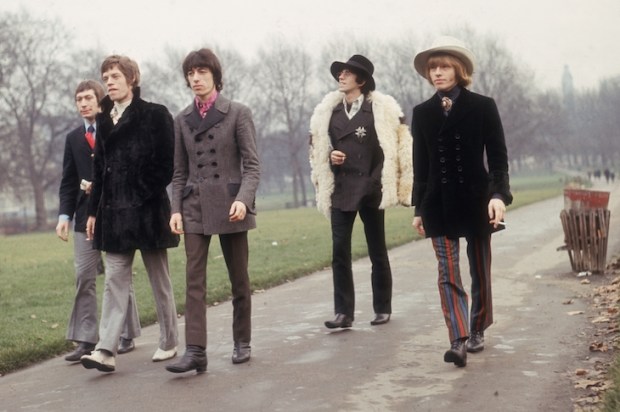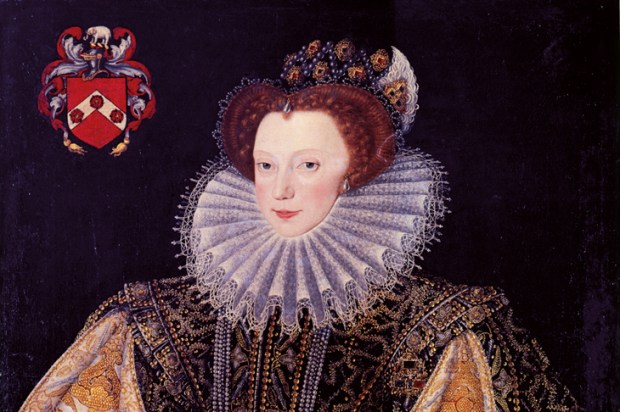Grief is not being able to eat a small boiled egg. ‘Could you face an egg?’ the widowed Jean asks her daughter Eve in Susie Boyt’s sixth novel, Love & Fame. It is not long after Jean’s husband, Eve’s father, John Swift, a sitcom actor, a national treasure, has died. Eve can’t face an egg; Jean has lost her appetite for anything but eggs. One small boiled egg, morning, noon and night.
This is a clever, wise, often sad book about failure, dashed hopes and bereavement. It could be bleak, but Boyt is fiercely funny, skewering fads and self-help trends. A professional de-clutterer in the Marie Kondo mode is called ‘the Prim Reaper’. The novel opens with a stop-start list of modern platitudes and wellness nuggets:
You tried Tranquiltea? Avoiding caffeine, sugar and alcohol could really make a. Gluten’s a pig. Don’t watch the news every night, might be… Oh yes and definitely log out of anything that could… St John’s wort is meant to be — Oh dear. That does sound. There’s a brilliant woman off Devonshire Place, she’s quite scary but you just lie down in this squishy leather throne and she somehow. Disengage. But you look well on it…
What good is ‘Tranquiltea’ against the death of a parent?
Eve’s husband, Jim, is writing a history of worrying, making the case for anxiety as a force for good: keeps you keen, focuses the mind, that sort of thing. His wife begs him not to fuss over her, not to turn her into a case study of ‘chewed-down fingernails and nervous tics’: ‘I am not your or anybody’s patient. I am not Zelda Fitzgerald or a pale imitation. I’m not even that highly strung.’ (She is.)
Boyt writes this sort of wounded Zelda-woman well. Her memoir My Judy Garland Life charted a lifelong obsession with the poor, pill-popping star of The Wizard of Oz. Boyt, daughter of Lucian Freud, great-granddaughter of Sigmund, sees the good and bad in talking cures, on-the-couch therapies and the modern, meditating, make-your-anxiety-work-for-you brigade. ‘I would say anxiety has cost me some of the very best things in my life,’ Eve tells Jim, unable to bear another word of his Why Worry? thesis. ‘Anxiety: it’s a kind of disgusting poison.’
Eve is sent to see Beatrice Melville, a grief counsellor whose own mother died when she and her sister Rebecca were young. Beatrice is the soft heart of the book. She ministers to Rebecca, a neurotic, selfish, wretched journalist (is there any other sort?) on a mid-market tabloid. Rebecca barely eats; she never stops missing her mum. She behaves appallingly, but your heart breaks for her. Beatrice listens, cares, forgives. She is worth 1,000 mindfulness apps.
Got something to add? Join the discussion and comment below.
Get 10 issues for just $10
Subscribe to The Spectator Australia today for the next 10 magazine issues, plus full online access, for just $10.
You might disagree with half of it, but you’ll enjoy reading all of it. Try your first month for free, then just $2 a week for the remainder of your first year.















Comments
Don't miss out
Join the conversation with other Spectator Australia readers. Subscribe to leave a comment.
SUBSCRIBEAlready a subscriber? Log in